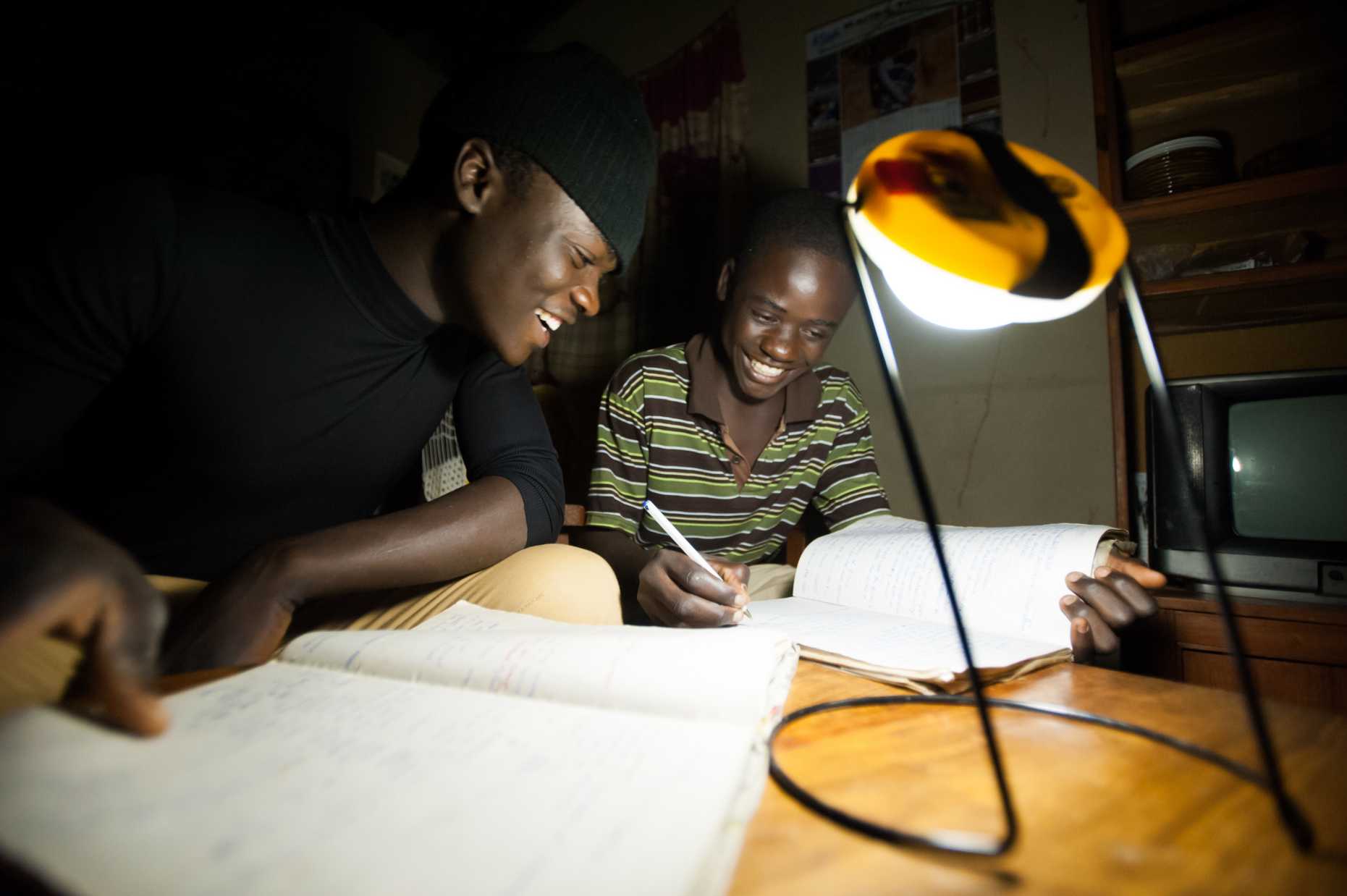Using Sensors to Measure Technology Adoption
Adina Rom, Isabel Günther, and Yael Borofsky from ETH4D and the ETH Development Economics group used sensors to study solar light use in western Kenya. They find that participants used solar lights a lot and that sensors can be a useful tool for studying technology adoption.

Solar-powered electricity has recently become a popular alternative solution to low levels of electricity access. Prices for solar technology have dropped dramatically and solar has the potential to become a more affordable, better quality, and less polluting alternative to kerosene.
Solar-powered lights have therefore attracted the attention of governments, investors and international donors. Despite these high hopes, there is still little empirical evidence on solar light adoption.
As part of a randomized field experiment with about 1400 households in western Kenya, Adina Rom, Isabel Günther, and Yael Borofsky used novel sensor technology developed by the ETH spinoff, Bonsai Systems, to study solar light adoption and to find out whether sensors could provide a more accurate measure of solar light use compared to household survey data.
Sensor data as a benchmark
Their findings suggest that study participants used the solar lights quite a lot — four hours per day, on average. They also find that even though survey data has large measurement errors, reported use measured using the survey does not differ from sensor measurements, on average. They also find that households that used the light a lot tended to underreport solar light use, while households that used it little tended to overreport — a pattern known as mean-reverting measurement error. They conclude that sensor data may be a useful benchmark to test survey questions and that sensors may be a particularly useful social science tool in studies with small sample sizes.
Read the full article in external page Development Engineering